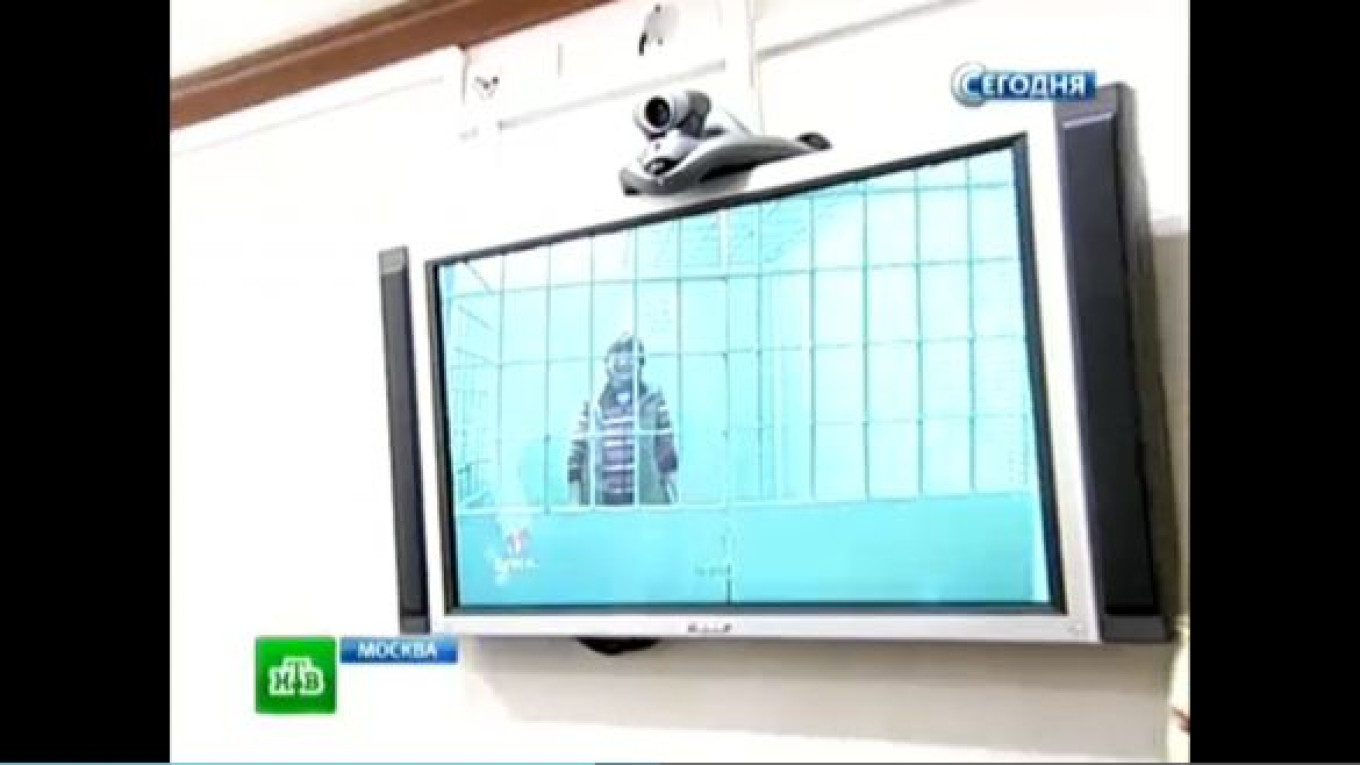A Moscow court on Tuesday freed a chemist from pretrial detention who is accused of assisting importers of allegedly drug-containing poppy seeds.
The charges against poppy and hemp expert Olga Zelenina, accused of authoring a false expert opinion in a drug trafficking case, have outraged scientists, educators and human rights defenders. A group of backers signed a letter in support of her, warning that the practice of providing independent expertise in legal cases is under threat as a result of her case.
Zelenina faces up to 20 years in prison if convicted of the charges, according to human rights group? .
Zelenina, a senior expert at the Penza Research Institute, was arrested in the Penza region village of Lunino, about 600 kilometers southeast of Moscow, on Aug. 15.
Seventeen law enforcement officers, some of them masked and armed with rifles, broke into her apartment at 6 a.m. and brought her to Moscow, science newspaper Troitsky Variant? ? earlier this month.
She was held in connection with a report she had written in September 2011 for the lawyers of businessman Sergei Shilov, who had been charged with drug trafficking for importing 42 metric tons of food poppy seeds from Spain in 2010.
Bryansk region customs officers opened a criminal case against Shilov in 2010, Troitsky Variant reported. Shilov was arrested in July of this year, and in the following two weeks, his son Roman, his brother Vladimir and several other businessmen were arrested on similar charges.
The charges were based in part on an opinion provided by experts from the Federal Drug Control Service that said the 42 tons of poppy seeds imported by Shilov presumably contained 295 grams of morphine and 209 grams of codeine, Troitsky Variant reported.
Shilov's lawyers had asked Zelenina to determine whether food poppy seeds like the ones imported by Shilov could have contained those amounts of opiates. Zelenina concluded that it was not technically possible to extract the amounts cited by the drug control service experts.
Shilov paid Zelenina 20,000 rubles ($650) for the report, her lawyer Natalya Andreyeva? ? Ekho Moskvy on Monday.
The drug control service alleges that Zelenina's report contained erroneous information, and the agency accused her of providing deliberately false testimony to assist Shilov and his associates.
Zelenina lawyer Filipp Shishov, reached by telephone Tuesday, insisted that Zelenina's report was not an expert opinion according to the law, since she didn't examine any of the poppy seeds imported by Shilov but only answered theoretical questions.
Unidentified lawyers for Shilov and his fellow defendants said their case was an attempt by the Federal Drug Control Service to achieve a guilty verdict in a high-profile case, Polit.ru? ? Tuesday.
Moscow's Zyuzinsky District Court freed Zelenina from pretrial detention Tuesday, reversing an earlier decision by the court to keep her in jail until Oct. 15, Interfax reported.
The judge ruled that investigators had not presented enough evidence that Zelenina might go into hiding, destroy evidence or threaten witnesses in the case.
Last week, 24 members of the Public Chamber sent a letter to Moscow City Court asking it to free Zelenina from detention. Earlier, national human rights ombudsman Vladmir Lukin had voiced support for Zelenina, news reports said.
On Monday, Moscow City Court canceled the decision by Zyuzinsky District Court to keep Zelenina in detention but did not release her, instead returning her case to the district court for a retrial.
Zelenina has a "spotless reputation" and letters of recommendation from the regional branch of the Federal Drug Control Service and has been recognized as a distinguished worker, Andreyeva told the court Tuesday, Interfax reported. Andreyeva added that Zelenina's elderly mother is dependent on her salary,
About 30 of Zelenina's supporters gathered outside the courthouse holding white flowers, apparently as a symbol of her innocence.
Andreyeva and lawyers for Shilov and his associates could not be reached for comment Tuesday afternoon.
Related articles:
A Message from The Moscow Times:
Dear readers,
We are facing unprecedented challenges. Russia's Prosecutor General's Office has designated The Moscow Times as an "undesirable" organization, criminalizing our work and putting our staff at risk of prosecution. This follows our earlier unjust labeling as a "foreign agent."
These actions are direct attempts to silence independent journalism in Russia. The authorities claim our work "discredits the decisions of the Russian leadership." We see things differently: we strive to provide accurate, unbiased reporting on Russia.
We, the journalists of The Moscow Times, refuse to be silenced. But to continue our work, we need your help.
Your support, no matter how small, makes a world of difference. If you can, please support us monthly starting from just $2. It's quick to set up, and every contribution makes a significant impact.
By supporting The Moscow Times, you're defending open, independent journalism in the face of repression. Thank you for standing with us.
Remind me later.


